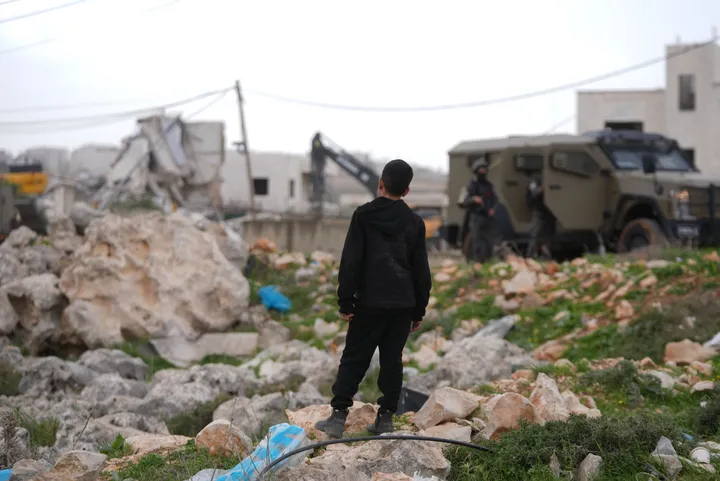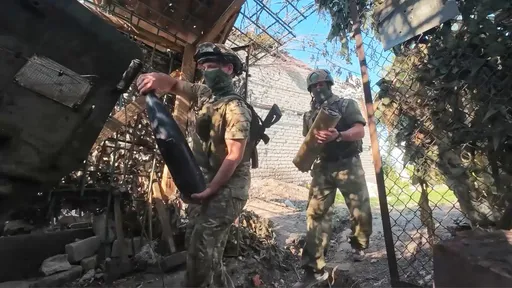Iranian President Hassan Rouhani said on Monday that Iran will sell its oil and break sanctions reimposed by the United States on its vital energy and banking sectors.
"I announce that we will proudly bypass your illegal, unjust sanctions because it's against international regulations," Rouhani said in a televised speech.
"America wanted to cut to zero Iran's oil sales ... but we will continue to sell our oil ... to break sanctions," Rouhani said.
"We are in a situation of economic war, confronting a bullying power. I don't think that in the history of America, someone has entered the White House who is so against law and international conventions," he added.
Iran's supreme leader Ayatollah Ali Khamenei denounced the measures on Saturday, saying Trump had "disgraced" US prestige and would be the ultimate loser in the long-running quarrel between the countries.
The US side was unmoved.
On Monday, the US reimposed sanctions targeting the Iranian oil and financial sectors in what US Secretary of State Mike Pompeo called "the toughest sanctions ever placed" against Iran.
The measures are the second batch the US administration reinstated since President Donald Trump unilaterally pulled out of the nuclear deal in May despite objections from close allies in Europe.
The US is seeking to "alter" Iranian behavior with the sanctions, and has been leaking out a stream of 12 demands it wants to see Iran agree to in exchange for re-lifting the economic penalties.
Eight countries who have significantly curtailed their imports of Iranian oil have been granted temporary waivers to allow them to continue importing Iranian oil after the penalties take effect.
TRT World's Graig Copetas brings more from Paris.
Two of the countries have agreed to reduce imports to zero while six others "will import at greatly reduced levels," Pompeo said.
The US expects to have reduced Iranian oil exports by more than 1 million barrels even before Monday's tranche of economic penalties, which the US has long warned were incoming.
In all, 700 Iranian entities were added to sanctions lists on Monday, according to US Treasury chief Steven Mnuchin.
More than half, or about 400, will have had their designations lifted as part of the 2015 Joint Comprehensive Plan of Action while roughly 300 will be new designations.
All of the other signatories, China, the European Union, France, Germany, Iran, Russia and the United Kingdom, have remained in the deal despite US action.
The accord provided Iran with billions of dollars in relief from international sanctions in exchange for sweeping curbs on and inspections of its nuclear program.
Oil markets on alert
World oil markets were on alert, nervously set to gauge the consequences of the sanctions.
"All eyes will be on Iranian exports, whether there will be some cheating around US sanctions, and on how quickly production will fall," said Riccardo Fabiani, an analyst for Energy Aspects.
Oil is Iran's main source of income. But the sword has two edges: Iran is also the OPEC cartel's third-largest producer.
The US stance has already inflicted serious pain on Iranians, with the country's currency, the rial, losing more than two thirds of its value since May.
Iranian oil exports have fallen by about a million barrels a day in that time, though India and China have continued to purchase it. Most Europeans, as well as Japan and South Korea, have stopped.
Asked if the US had firm commitments from India and China to stop all oil purchases from Iran within six months, Pompeo replied: "Watch what we do. Watch as we've already taken more crude oil off the market than any time in previous history."
Saudi Arabia is the only country with the capacity to make up for lost Iranian oil production.























